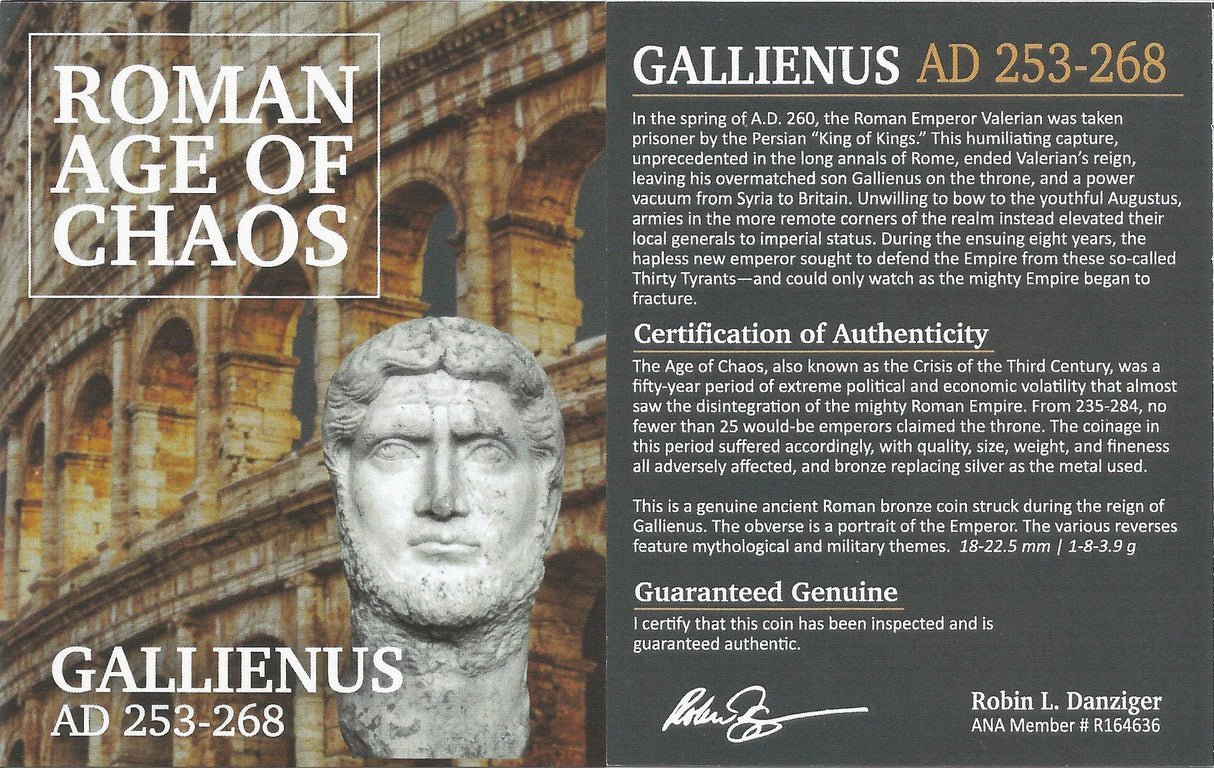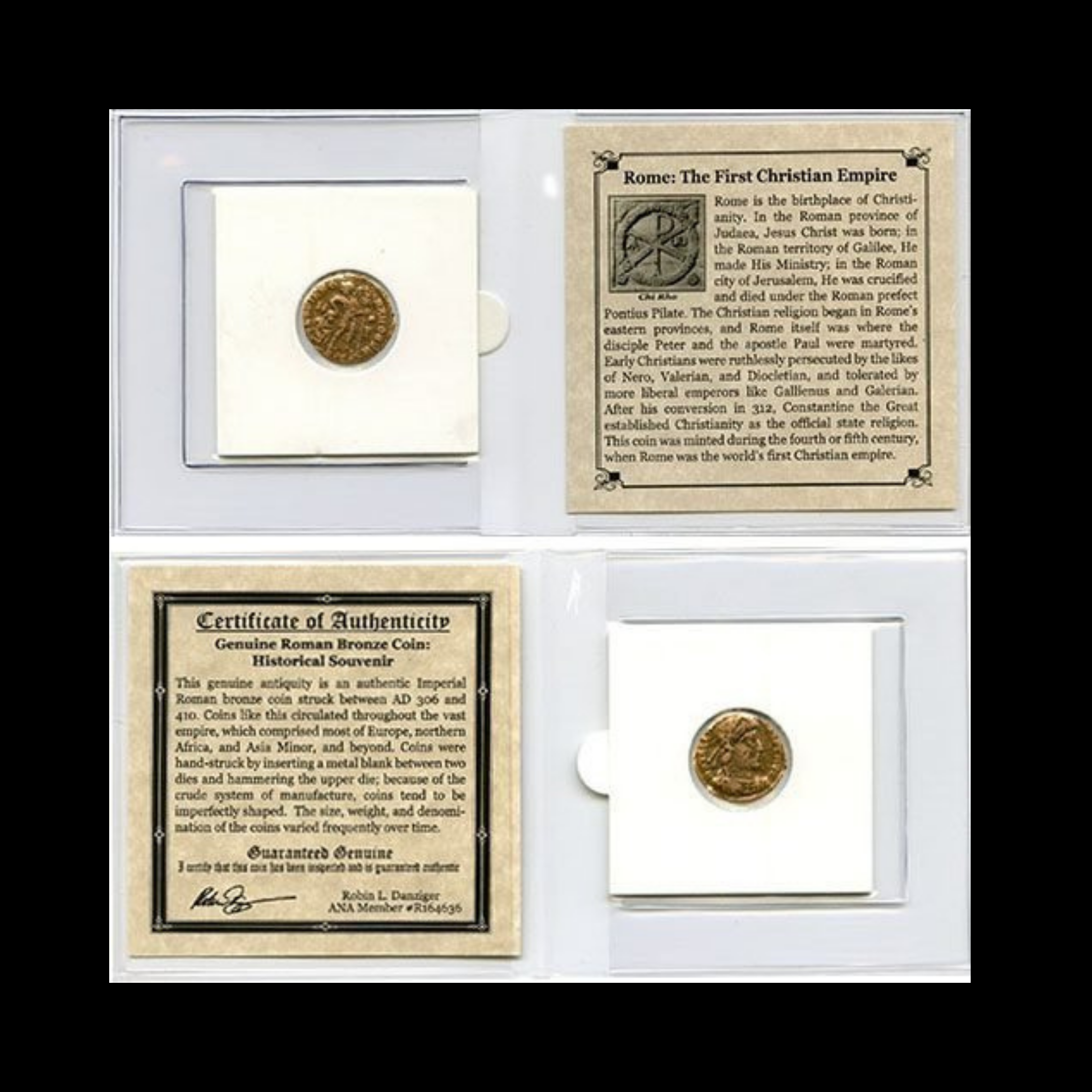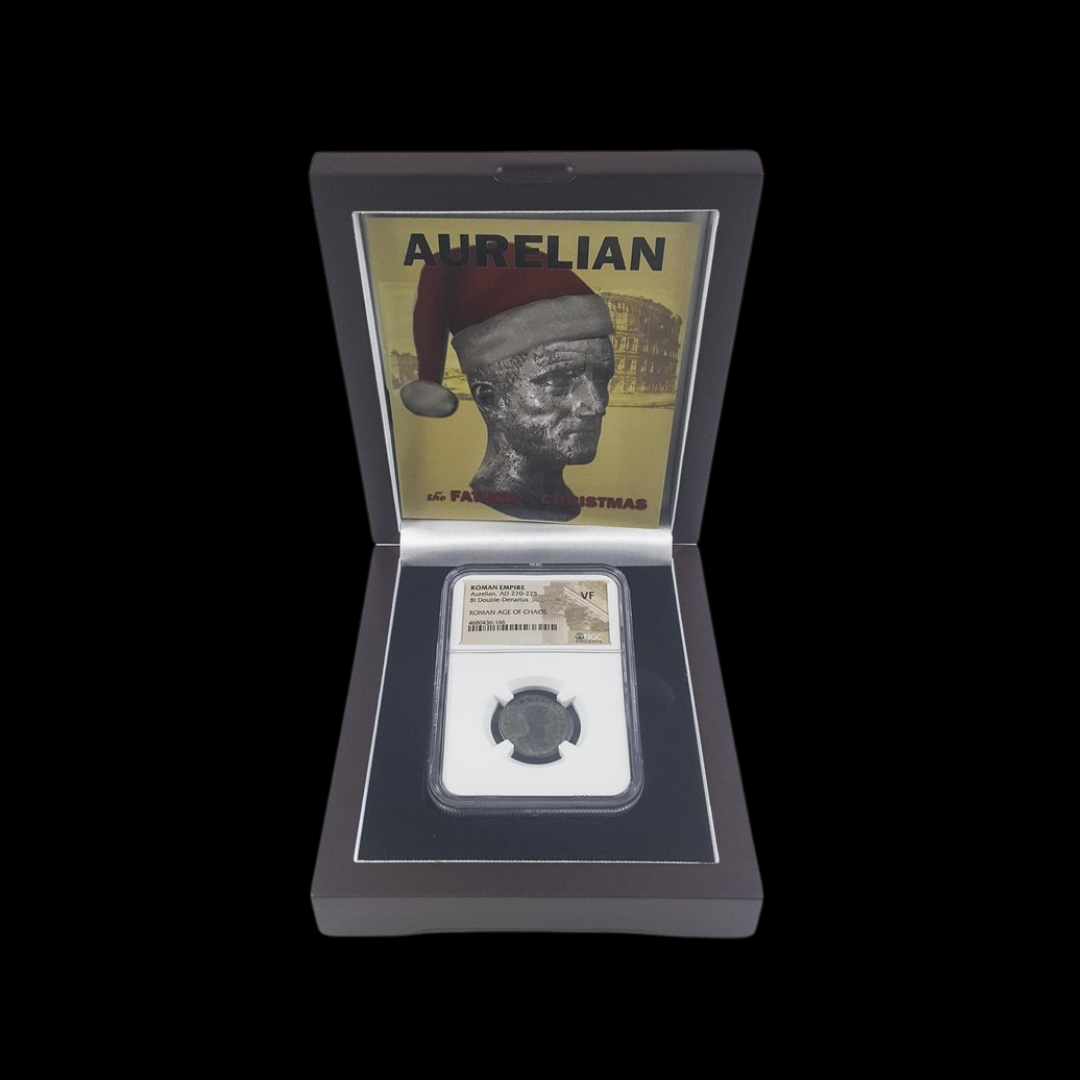 Image 1 of 4
Image 1 of 4

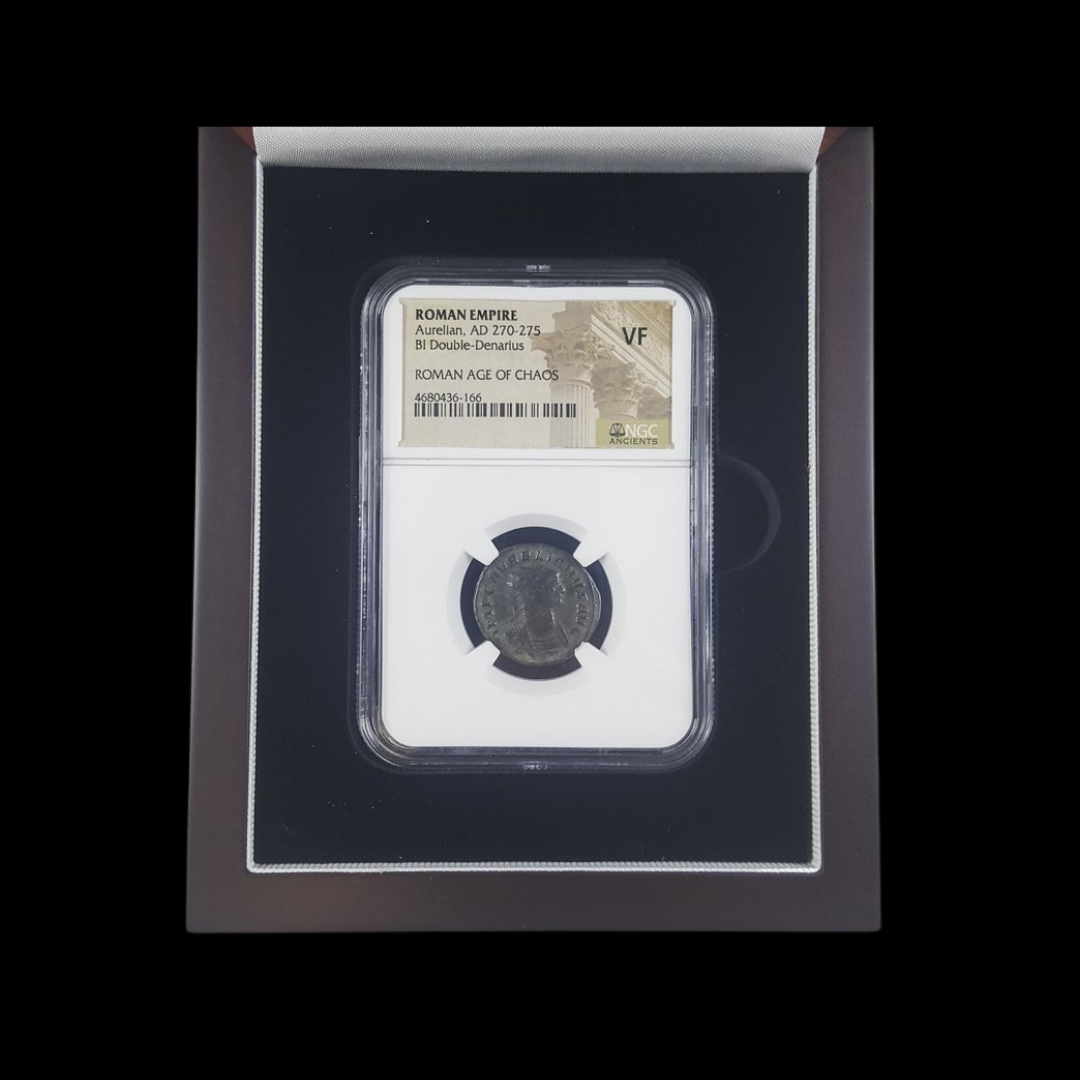 Image 2 of 4
Image 2 of 4

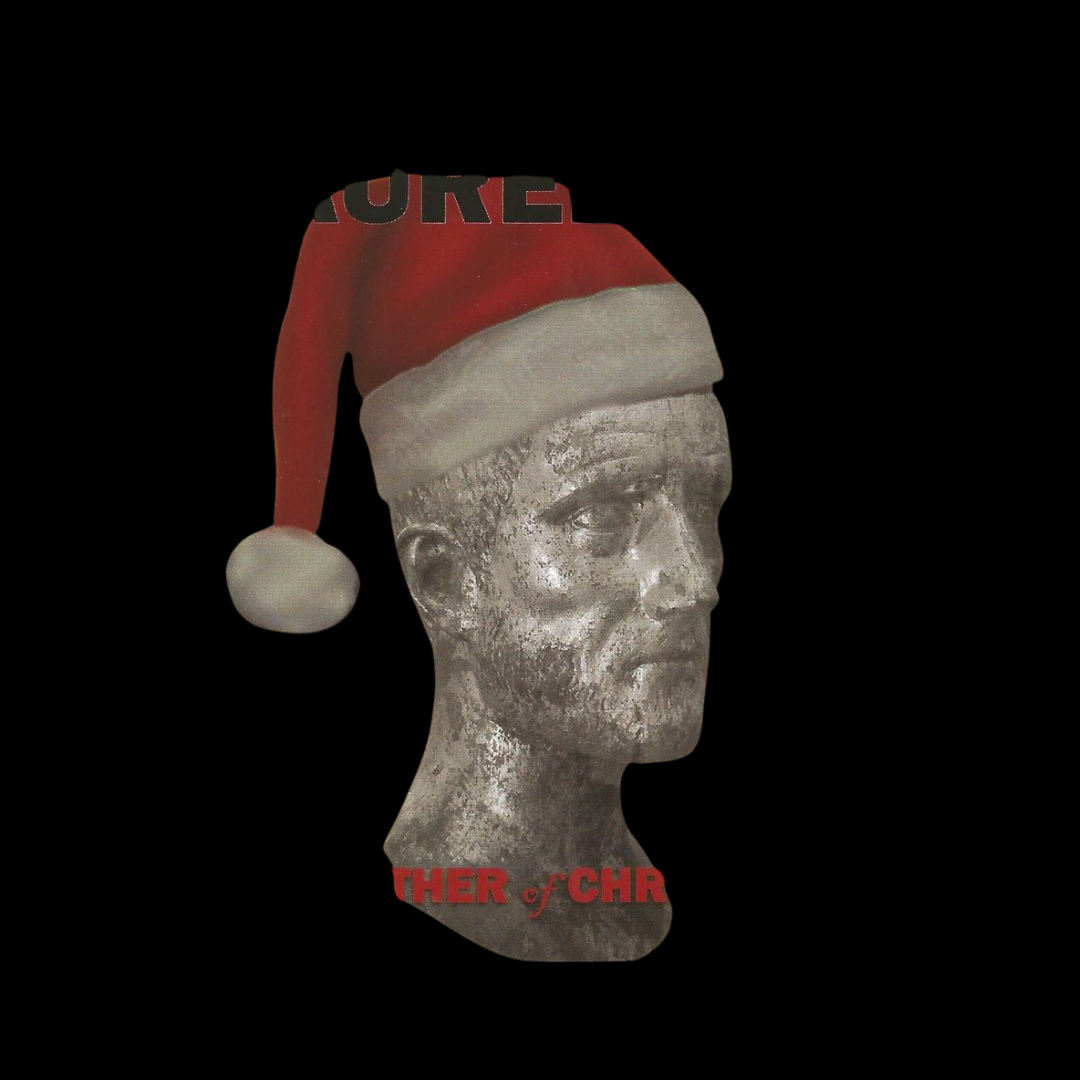 Image 3 of 4
Image 3 of 4

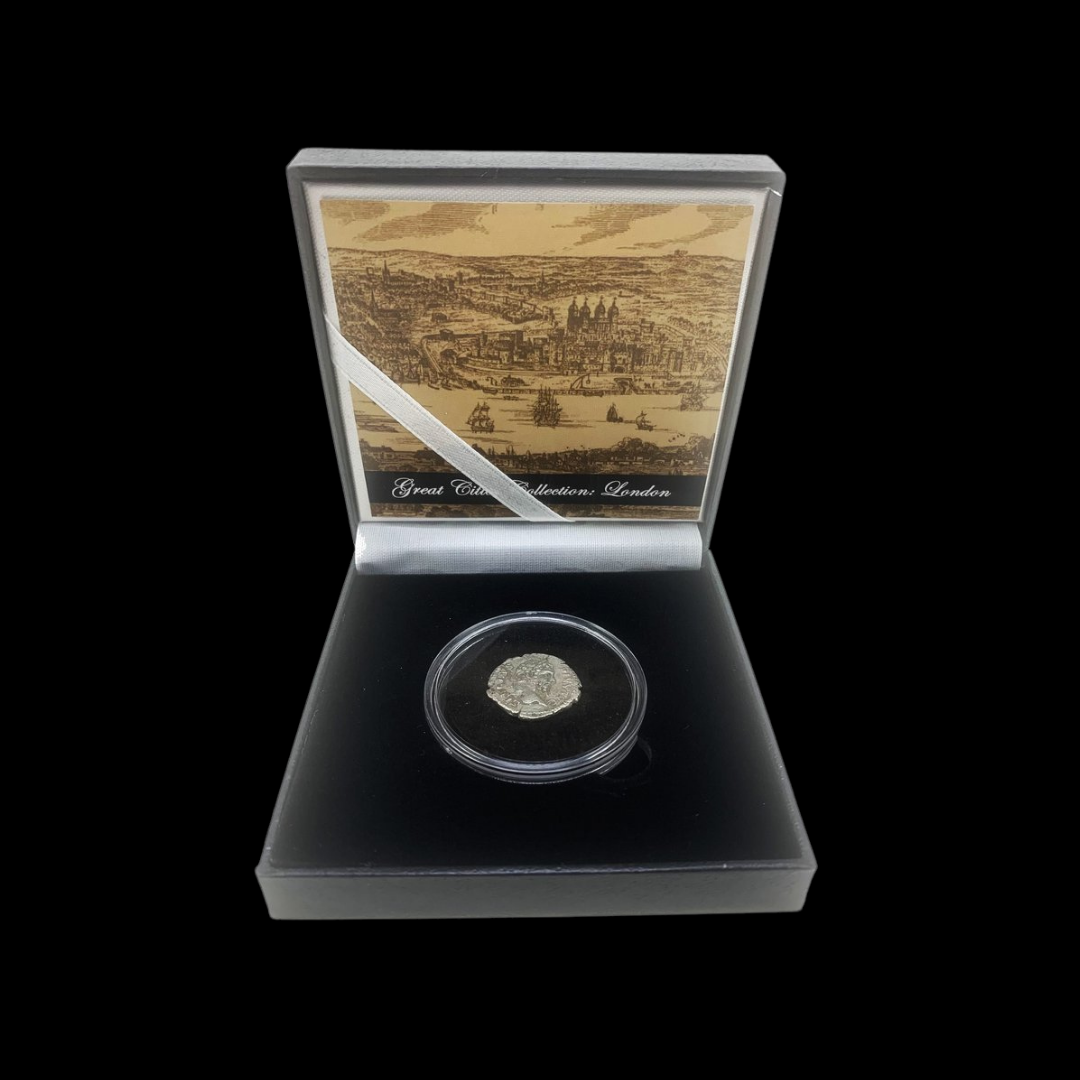 Image 4 of 4
Image 4 of 4





Aurelian – The “Father of Christmas” Bronze Coin (AD 270–275)
Aurelian Bronze AE – "Father of Christmas" (NGC Certified) — Sol Invictus Legacy
Authentic NGC-certified bronze coin of Aurelian (270–275 AD) — Restorer of World creates December 25 Sol Invictus festival → birth of Christmas tradition.
Restitutor Orbis Design
• Obverse: Radiate portrait + "RESTITOR ORBIS"
• Reverse: Sol Invictus / Victory / Concordia
• Legacy: Reunites fractured 3-way empire
Technical Specifications
• Material: Reformed billon/bronze AE
• Denomination: Antoninianus / heavy bronze
• Certification: NGC slabbed
• Date: AD 270–275
• Mints: Multiple reformed facilities
Christmas Origin Essential
• 274 AD fixes Sol festival December 25
• Winter solstice feast + lights + gifts
• Christians adopt same date for Christ birth
• Pagan emperor seeds 1750-year tradition
Collector Masterpiece
Empire savior + Christmas founder. Aurelian's Sol cult reshapes Western celebration forever.
Note: Coins shown are representative examples of grade/type, not actual specimens. For NGC grading standards, see NGC Grading page.
Aurelian Bronze AE – "Father of Christmas" (NGC Certified) — Sol Invictus Legacy
Authentic NGC-certified bronze coin of Aurelian (270–275 AD) — Restorer of World creates December 25 Sol Invictus festival → birth of Christmas tradition.
Restitutor Orbis Design
• Obverse: Radiate portrait + "RESTITOR ORBIS"
• Reverse: Sol Invictus / Victory / Concordia
• Legacy: Reunites fractured 3-way empire
Technical Specifications
• Material: Reformed billon/bronze AE
• Denomination: Antoninianus / heavy bronze
• Certification: NGC slabbed
• Date: AD 270–275
• Mints: Multiple reformed facilities
Christmas Origin Essential
• 274 AD fixes Sol festival December 25
• Winter solstice feast + lights + gifts
• Christians adopt same date for Christ birth
• Pagan emperor seeds 1750-year tradition
Collector Masterpiece
Empire savior + Christmas founder. Aurelian's Sol cult reshapes Western celebration forever.
Note: Coins shown are representative examples of grade/type, not actual specimens. For NGC grading standards, see NGC Grading page.









